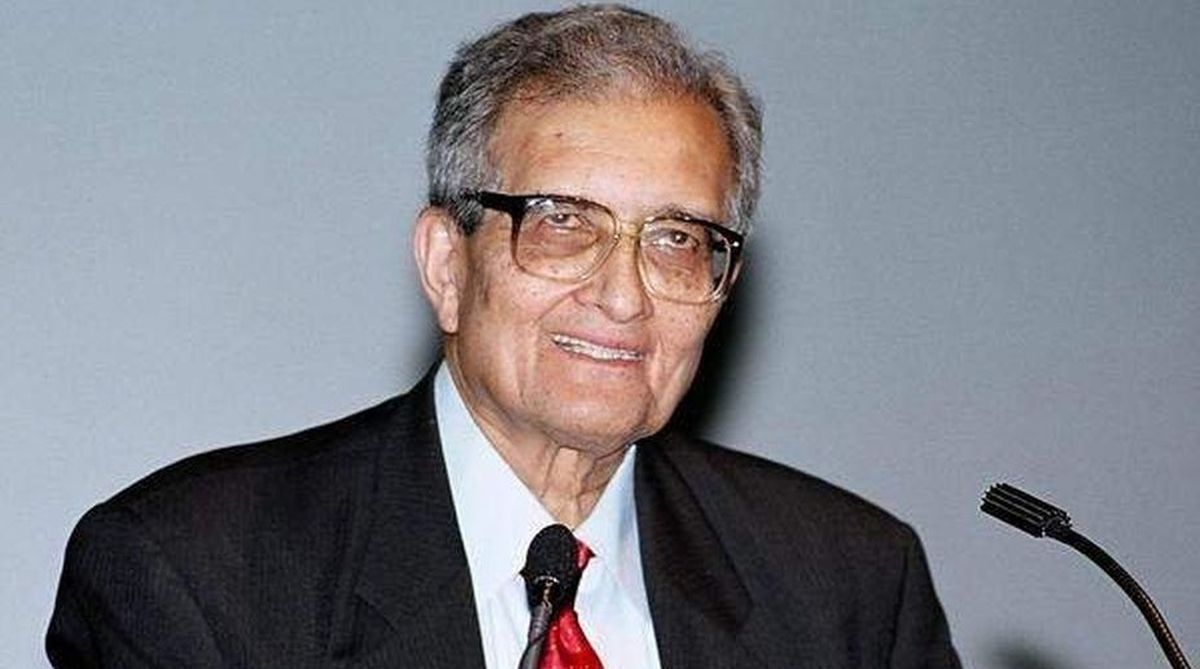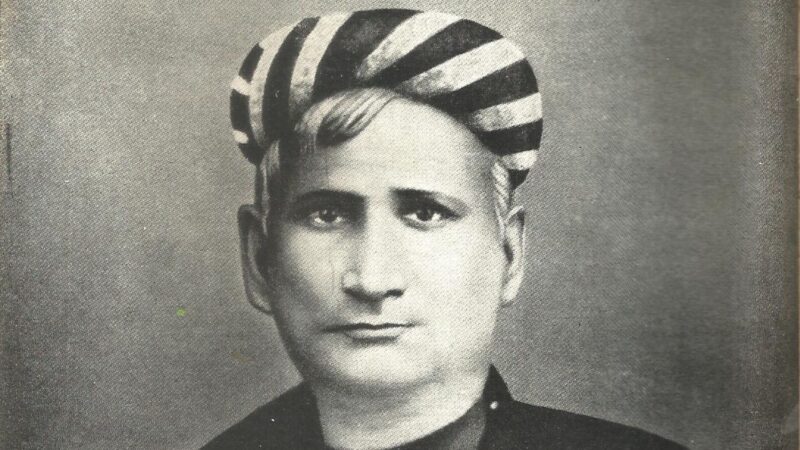Amartya Sen: The Architect of Welfare Economics and Global Thought Leader

Amartya Sen: The Architect of Welfare Economics and Global Thought Leader
Amartya Sen, an eminent Indian economist and philosopher, has left an indelible mark on global thought. As a Nobel Laureate in Economics, his groundbreaking contributions to welfare economics, human development, and social justice have reshaped how we perceive poverty and inequality. Born in India and educated at some of the world’s most prestigious institutions, his work bridges the gap between economics and ethics.
In this article, we delve into the life, achievements, and enduring legacy of one of the most influential economists of modern times.
Early Life and Academic Journey
Born on November 3, 1933, in Santiniketan, India, Sen grew up in an intellectually stimulating environment, heavily influenced by Rabindranath Tagore’s philosophies. This nurturing atmosphere instilled in him a deep interest in cultural and social issues.
He attended Presidency College in Kolkata, where he pursued economics and excelled academically. His intellectual journey continued at Trinity College, Cambridge, where he completed his studies and embarked on a groundbreaking academic career.
Key Milestones in Education
- Developed an early interest in social choice theory, a subject that would define much of his career.
- Held teaching roles at institutions like Jadavpur University, London School of Economics, and Harvard University.
Contributions to Welfare Economics
One of Sen’s most profound contributions lies in welfare economics, where he emphasized the importance of focusing on human well-being rather than solely on economic growth. He introduced innovative frameworks that challenged traditional measures of success, such as Gross Domestic Product (GDP).
The Capability Approach
At the heart of his philosophy is the capability approach, a framework that evaluates development by assessing what individuals can achieve, rather than just their income levels. This approach revolutionized how poverty and inequality are measured.
Key Principles of the Capability Approach:
- Human Freedom: The ability to pursue meaningful goals.
- Focus Beyond Wealth: Development is not just economic; it’s about enabling people to lead fulfilling lives.
- Influence on HDI: The Human Development Index (HDI), widely used by the UN, owes its foundation to these ideas.
Nobel Prize in Economics
In 1998, Sen was awarded the Nobel Memorial Prize in Economic Sciences for his contributions to welfare economics and social choice theory. His work reshaped the understanding of poverty, highlighting it as a deprivation of capabilities rather than mere income insufficiency.

The Idea of Justice
Sen’s book, “The Idea of Justice”, is a landmark work that critiques traditional theories of justice, such as those proposed by John Rawls. Instead of idealistic concepts, he advocates for a more practical approach to justice that addresses real-world inequalities.
Core Tenets of His Justice Theory
- Comparative Justice: Focusing on reducing actual injustices rather than defining an ideal society.
- Equity and Opportunity: Promoting equitable access to resources and opportunities.
- Global Perspective: Addressing justice on a worldwide scale, transcending national boundaries.
Impact on Human Development
Sen’s collaboration with Mahbub ul Haq led to the creation of the Human Development Index (HDI), a revolutionary metric that evaluates development through health, education, and living standards.
Why HDI Matters
- Shifts focus from economic output to human well-being.
- Encourages governments to prioritize education and healthcare.
- Provides a more comprehensive measure of progress.
Publications by Amartya Sen
Sen is a prolific author whose works span economics, philosophy, and ethics. His books continue to inspire scholars and policymakers worldwide.
Influential Books
- “Development as Freedom”: Links freedom with economic development.
- “Poverty and Famines”: Analyzes the causes of famines, debunking myths about food shortages.
- “The Argumentative Indian”: Explores India’s intellectual and cultural traditions.
- “Identity and Violence”: Examines the role of identity in social conflict.
Global Influence
Sen’s impact extends beyond academia. His ideas have influenced global policies and development strategies, shaping the way nations address inequality and poverty.
Academic Leadership
- Served as a professor at institutions like Harvard University and Cambridge University.
- Mentored future economists and thought leaders.
Policy Advocacy
- Influenced the United Nations Development Programme (UNDP).
- Guided policies on poverty alleviation and education.
Awards and Recognitions
His achievements have been celebrated with numerous awards, including:
- Bharat Ratna (1999): India’s highest civilian award.
- Order of Companion of Honour (2000): From the British monarchy.
- Leontief Prize: For advancing economic thought.
Legacy and Continuing Impact
Even today, Sen remains an active voice in discussions about justice, development, and equity. His contributions to fields like feminist economics and public health continue to guide policymakers globally.
Influence on Feminist Economics
- Highlighted the role of women in economic development.
- Advocated for gender equality in access to education and healthcare.
Focus on Public Health
- Emphasized the need for equitable healthcare access.
- Addressed health as a critical component of development.
Conclusion
Amartya Sen’s work transcends economics, blending philosophy and ethics to address the most pressing global challenges. By redefining development, justice, and inequality, he has become a beacon of hope for a more equitable world. His enduring legacy inspires scholars, policymakers, and citizens to prioritize human dignity and freedom.
As the world continues to grapple with issues of poverty and inequality, the teachings of this visionary remain as relevant and transformative as ever.
Dive deeper into the transformative ideas of Sen and discover how his groundbreaking theories continue to shape global development and social justice. Whether you’re a student, a policymaker, or someone passionate about creating a better world, learning from Sen’s insights can empower you to make a difference.
Explore his works today and join the movement for a more equitable and inclusive future!
For more inspiring content on influential leaders and thinkers, visit Legends of Bengal. Stay informed and stay inspired!
Follow Us for on Social Media: Facebook | Instagram | Pinterest | Twitter | YouTube










